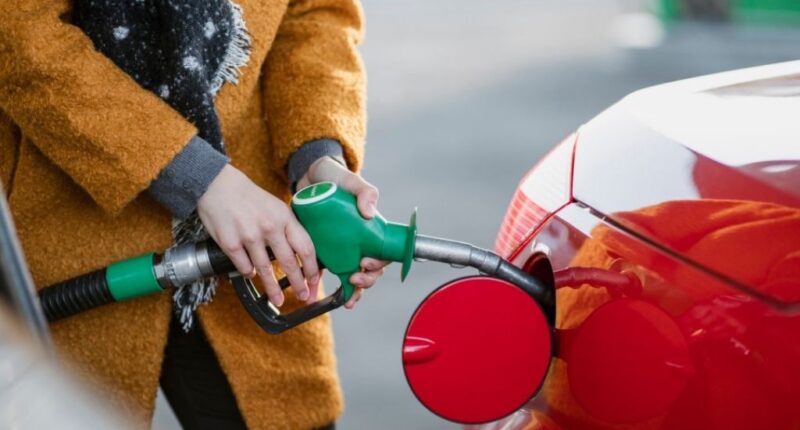Forecourt operators are being urged by the RAC to “hold firm” and absorb the rise in the price of crude oil.
A barrel of crude is nearing the $100 mark, a price last recorded seven-and-a-half-years-ago. In the past seven days, the peak price for a barrel of ‘liquid gold’ was selling on the open market for $98.
Over the last 12 months, crude’s value has soared by 60% as demand continues to outstrip supply. On-going political tensions between Ukraine and Russia – the world’s third biggest oil producer – has also had an adverse effect on the price motorists are having to pay when visiting the pumps.
However, the RAC insists there is “no justification” to rise average forecourt prices in Great Britain and Northern Ireland given the current cost-per-litre of petrol, super unleaded and diesel.
RAC fuel spokesman Simon Williams said: “With the price of oil now at a level not seen in more than seven years and a cost of living crisis mounting, we’re on a knife-edge when it comes to pump prices.
“On the face of it, the prospect of $100 a barrel oil is a frightening one but from a driver’s point of view it’s only going to spell bad news if major retailers decide to take bigger margins.
“At the moment, we can’t see any justification for a big leap in forecourt prices so we’re urging retailers to continue taking normal margins on each litre they sell. This will ensure drivers, many of whom depend on their vehicles, aren’t forced to pay even higher prices.
“Oil – and therefore wholesale fuel prices – may have gone up in recent weeks, but the profit made by retailers on the sale of fuel has come back down from December’s unbelievable heights to more normal levels, meaning the prices charged at forecourts today are actually much fairer than they were.
“The fact prices at the pumps have hardly changed despite oil approaching $100 demonstrates just how incredibly unfair retailer margins were in December – it was as if oil was already $100 a barrel then when it actually averaged just $87 across the month.”
The cost rise will have to be passed on to motorists depending on how the British pound continues to perform against the American dollar, Williams has warned.
“Of course, if the cost of oil continues to climb or the pound loses value against the dollar then retailers will have no option but to pass on the increases at the pumps,” he said.
“Our Fuel Watch data shows we’re not quite at that point yet, but if oil were to reach $110 a barrel, and retailers kept their current margin, it would add about 7p to a litre of unleaded and diesel, taking average prices to astronomic new levels of 154p and 158p respectively.”









